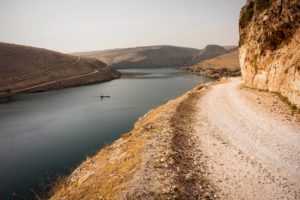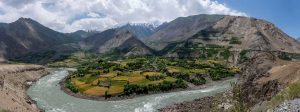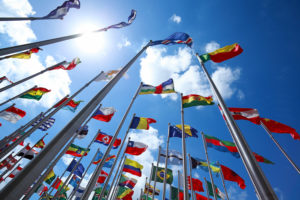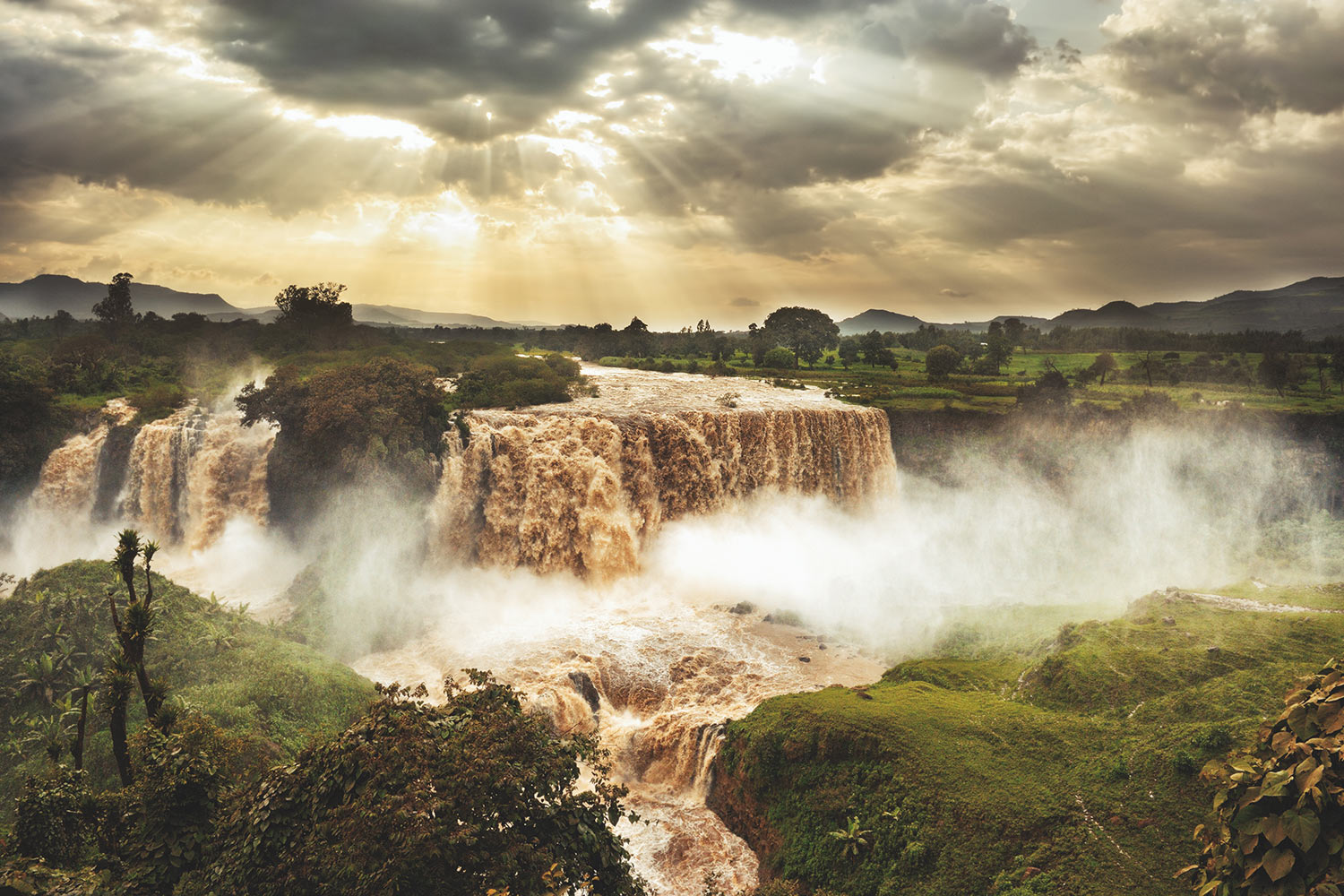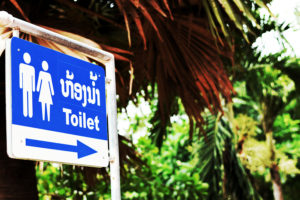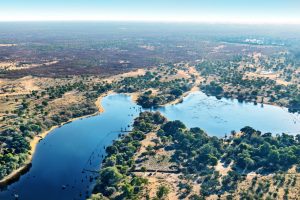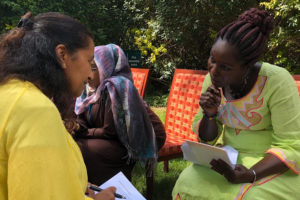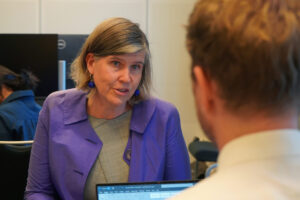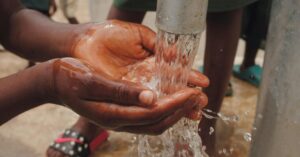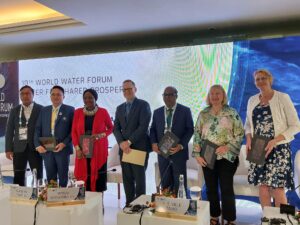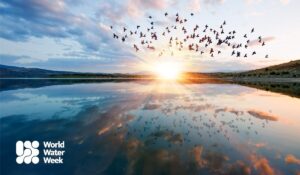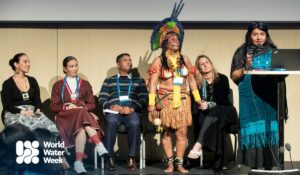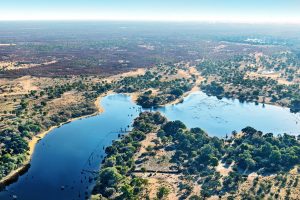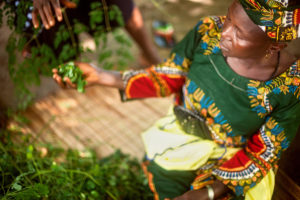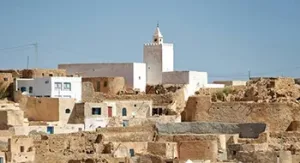Access to safe water is imperative for civilizations to prosper. However, conflicts over water are continuing to pose severe risks on populations and the environment across the globe. When properly managed, water can, and should, instead be a peacemaking platform for long lasting cooperation.
Climate change is considered a threat multiplier, increasing the likelihood of natural disasters, severe water deficits, and extreme conditions – all of which can exacerbate tensions between countries and increase the risk of conflicts over shared resources, such as water, particularly in places that are already water scarce.
Water scarcity is increasing most rapidly in fragile and conflict-affected regions. Of the world’s 17 most water scarce countries, 12 are located in West Asia and Northern Africa (WANA), in regions that already have a history of conflict, are suffering from rapid degradation of the environment, and have a fast-growing population. On a global scale, water sources are already under pressure from economic growth, urbanization, and a rapidly increasing global population, which could reach 10 billion by 2050. Further, current research from the Stockholm International Peace Research Institute indicates that climate change could trigger a 20-40 percent decline in food and water availability.
Further, conflicts are becoming more complex, and underlying tensions can be exacerbated by climate uncertainties. While these trends seem to indicate that there might be intensified competition over water and a possible rise in social conflicts and violence, water can be a bridge to peaceful negotiations rather than a trigger or weapon of war. The proper management of natural resources, particularly water, can strengthen local communities, remove uncertainty over access to safe water, and reduce the risk of conflict rather than bolster it. Applying the interlinked knowledge of climate-security, environmental peacebuilding, and water diplomacy can bridge gaps, and usher in peace to areas most affected by water-scarcity and conflict.
So, how can water be a peaceful tool rather than a weapon in conflicts?
Water can be a platform to base peaceful processes on. Instead of adding to climate threats, water can also build resilience if decision makers should apply:
- Transboundary cooperation. When countries work together over transboundary water resolutions, it can deescalate tension and serve as a starting point for peaceful treaties and cooperative solutions.
- Water diplomacy tools. Water diplomacy establishes and/or enhances technical and political cooperation over shared waters among a wide range of actors. If applied appropriately, water diplomacy will bring more actors to the table, increasing knowledge, and facilitating dialogue.
- Climate-security policy. Traditionally siloed approaches to security are no longer sufficient. Experts on security, climate, environment, and development need to share knowledge to better understand new threats that arise from climate change, environmental degradation, and population growth, as well as social, economic, and political factors.
- Climate and conflict informed water governance. Sustainably managing natural resources through both conflict-assessed and climate informed water policies and institutions can build peace capacities, prevent conflicts from starting, and make water systems more resilient.
- Inclusive perspectives. If decision makers include gendered, youth, and indigenous perspectives to water discussions, longer lasting, more sustainable and climate-resilient solutions will emerge.

